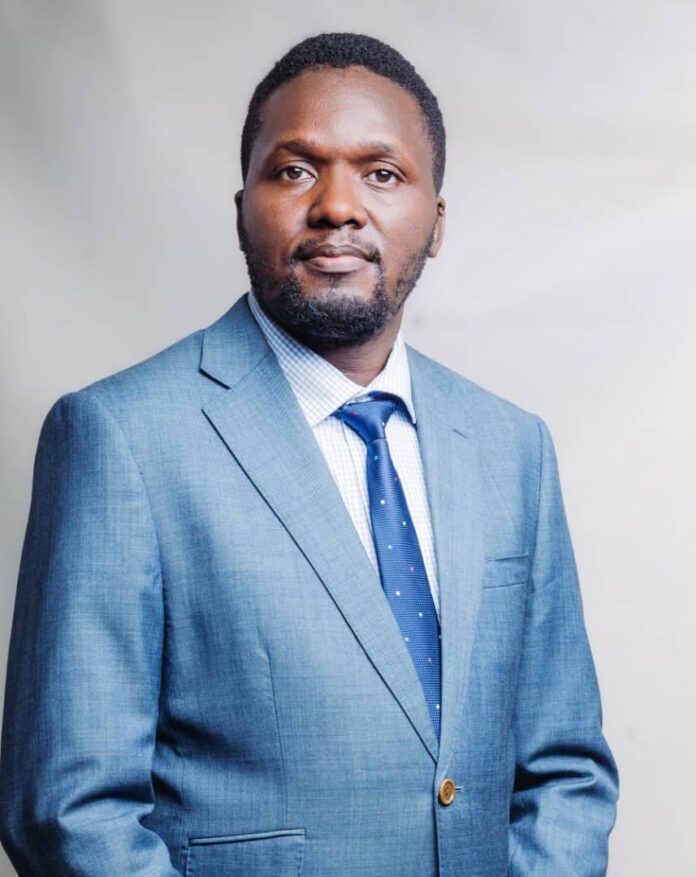By Jumbwike Sam
Experiencing air travel for the first time can be exhilarating. I arrived at Entebbe Airport 8 hours before the check-in time for my 8:00am SAA flight and kept around the then tiny lounge. I had been having hallucinations the week prior to the flight about missing the plane by a whisker, arriving at the airport when the gates had just been closed, and so many other imaginings, so I found it safer to keep around the airport hours ahead on the day of the flight.
Relief only came after hearing the plane’s engines roaring to life and lifting off the ground for our southward 4-hour journey to the chilly Oliver Tambo Airport, where I had to wait for two hours for the connecting 2-hour flight to Cape Town Airport. By the time I entered the Combi for the 70 km drive from the airport to Wellington, I was already exhausted from sleep deprivation. I obeyed nature and dozed off for the longer part of the journey. We arrived at Bergkroon Faith Center towards 8:00pm, where I met over 30 other exhausted souls from 27 countries across the world. We were briefed, offered dinner, and advised to rest at the earliest opportunity in preparation for an early morning journey to an undisclosed location.
We were woken up at 5:00am, grouped into 3 categories, and put into vans for a 150km drive from Wellington towards Genandedal. The vehicles stopped at Greyton, and we were issued with maps that would lead us to our final destination, which was 6-8 km away, and we had to reach there on foot through the countryside routes. Each group was tasked to engage in conversations that would be told to the other groups about their countries of origin and the host country, South Africa.
South Africa had hosted the 2010 World Cup some months earlier before our arrival. In the buildupto the tournament, international media had been stained with skepticism about SA’s ability to host the rest of the world with its image as one of the countries with the highest crime rates in the world. The Guardian has reported a 41% increase in business theft, a 27% increase in residential burglary, and high rates of sex offenses, including rape, kidnapping, and assault, and here we were comfortably trekking through the hilly plains of Greyton without any security less than a year after the World Cup.
South Africa had capitalized on the tournament to reposition itself as a modern, stable, and welcoming nation, emphasizing its cultural diversity and infrastructural development aimed at counteracting the negative perceptions fueled by crime and political history and promoting a narration of unity and progress. They positioned SA a catalyst for social development and tourism growth and as an investment destination. By the time we reached Genadedal, only good stories had been told of the post-World Cup South Africa. Our subsequent visits to townships like Kayamandi and Kayelisha showed the World Cup projects, like the hope for soccer and legacy projects, that were used for social transformation in health, education, and community infrastructure.
Uganda’s Missed Opportunities in CHAN 2025
3-4 years ago, my contemporary friend who had retired from semiprofessional football acquired exclusive rights to generate sports-related content in East Africa for the Soccer Africa Show on SuperSport TV channels 2, 8, and 10 on behalf of MediaMora, DSTV’s content provider. For the past 18 months, my friend has been knocking on all offices that matter in Uganda, seeking an opportunity to utilize the CHAN season and market Uganda’s tourist sites, culture, and soccer clubs to over 15 million viewers across the African continent. He had planned to plant over 10 million trees across the country and promote health and social cohesion projects that highlight the uniqueness of Uganda’s talent. Some of the red zones, like Kireka near sports facilities like Mandela National Stadium, had been targeted to have special collaborative interventions with key populations through soccer. Unfortunately, the influential powers that run the sector seem to be preoccupied with very many other activities to respond to even basic mail; others are paranoid and fear the unknown, while others are simply interested in making a killing off the tournament. We have missed out on the opportunity of involving Ugandans beyond football during CHAN, and we hope that things will be different by the time we get to AFCON 2027.



